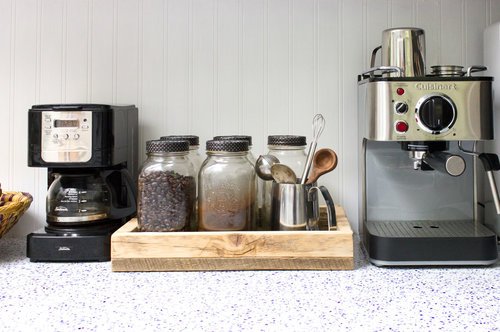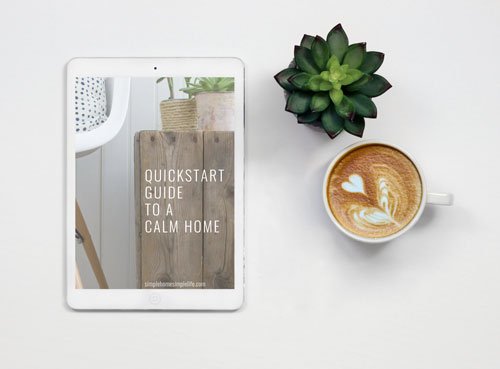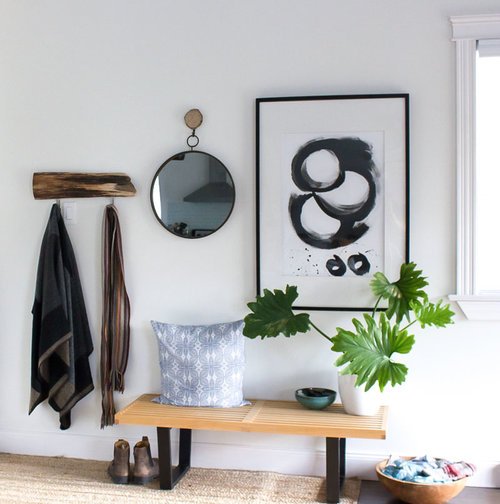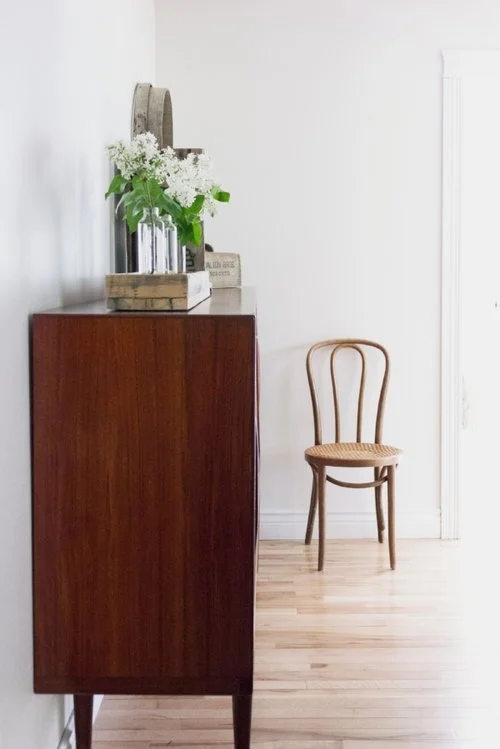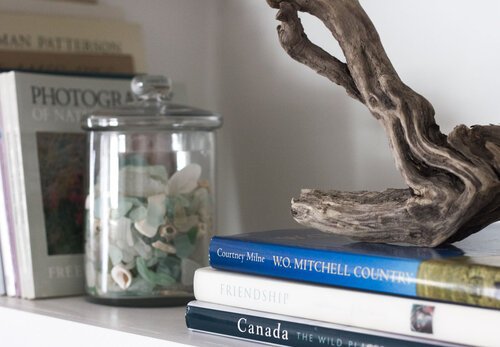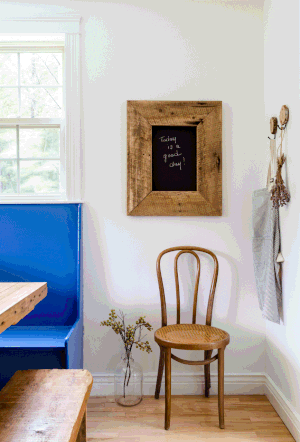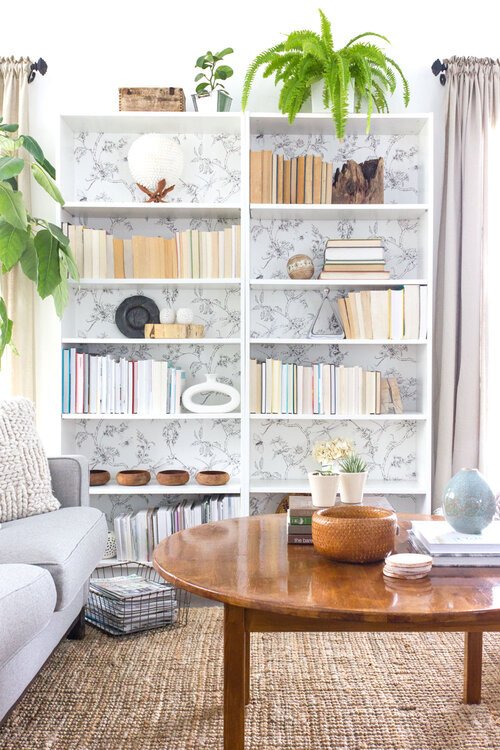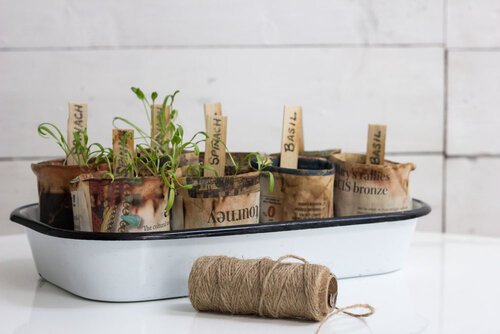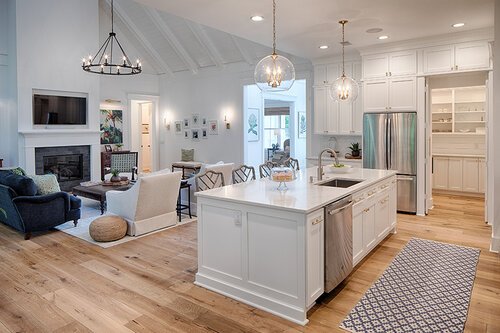Minimalism May Not Be For Everyone
I’m a big believer in simplifying - I have been since I was a kid and ditched my Barbies to make space on my bedroom shelves for more LEGO.
I always try to simplify everything, be it my kitchen cupboards, a work project or a heated conversation with someone. Taking a high-level view of a situation to see it from the most basic perspective can clarify what’s really needed for the best outcome.
Minimalism?
Yep, no question I love this philosophy, especially when implemented to gain freedom from the overwhelming burden of too much stuff and too many commitments. I’m completely on board with minimizing physical and emotional clutter so that we can experience more in life instead of own more. I’ve seen the powerfully transformative effect minimalism has had on many lives.
But it’s not always that simple.
Taking a blanket approach that minimalism is the ticket to freedom for everyone is not taking a high-level, simplistic view, in my opinion.
People are different, and are in different stages of life and respond differently to their environments.
I’ve witnessed efforts to achieve minimalism that caused anxiety and depression. It can be distressing to give things up that you’ve worked hard for, that give you comfort, or that have been a part of your life for a long time.
And it's entirely possible to give up too much and not feel freedom but instead feel loneliness and depression.
I've also been witness to beginner minimalists expressing feelings of failure, anxiety and envy. For some, it seems that minimalism has become more of an aesthetic to live up to (those perfect white, calming spaces on Instagram) instead of a personal philosophy that's adapted to work for them.
If that’s the case and you can't create a home that lives up to the perceived perfection of the online version of minimalism it's easy to feel like you've failed. It can become an obsession in and of itself (aka: keeping up with the minimalist Jones's).
Minimalism can also become extreme. Many minimalism groups online are wonderfully supportive and helpful, but some of the participants are extreme in what they give up and/or get rid of. Living with just one plate and cup and one chair and mattress on the floor is great if it works for them, but it's not going to work for all, or even most, I would suggest.
WHY WE NEED TO THINK BEYOND MINIMALISM
The meaning of minimalism is, of course, different for everyone. It's a wonderful philosophy that at its core simply means to get back to basics and enjoy people and experiences, not things.
But I've been hearing more and more from clients and readers of this blog that they are turned off from even considering minimalism because paring down to a capsule wardrobe is too daunting and they're not inspired by empty walls.
So they dismiss the concept entirely. Which is a shame.
That's why I've stepped back to look at this challenge from a 30,000 ft. view. I believe that if you’re craving a simpler, slower and more meaningful existence you only need to:
simplify
live according to your own values and needs
not reduce just because that's what minimalist website and Instagram accounts say to do, but instead to look at the places in their life where you want increase (ex. increased love, wellness, contribution to community or travel)
figure out what you need to change in order to make space for the increase
set up your environment to support those changes.
ESSENTIALISM
This new or perhaps gentler and more strategic kind of minimalism is really Essentialism.
When I read Greg McKeown’s book Essentialism it really hit home with me, and I’ve implemented it in my personal life, work life and at home as well.
McKeown boils it down to this:
“Essentialism is not about how to get more things done; it’s about how to get the right things done. It’s about making the wisest possible investment of your time and energy.”
Essentialism is about optimizing what we keep in our lives in the pursuit of doing better. It focuses in on what we need for an abundant life that is meaningful, healthy and true to only ourselves. This is, of course, different for all – some need more, some need less.
ESSENTIALISM AT HOME
At home, if we reduce the external noise – paper clutter, too many shoes at the door, boxes of junk sitting in the garage, too many shirts we never wear – we can better hear our internal voice. Decluttering allows our minds to be less active with constant decision-making and visual distraction so that we can enjoy more of the stillness and the good things that come out of it.
But being able to hear our internal voice also requires more sleep, more rest, more comfort and more ease. And that may mean getting rid of some things but also adding others like a coffee station on the counter, a cozier bedroom, or a meditation/quiet zone in your home.
Once we can hear our internal voice (and it takes practice) and determine what is essential to our own best life, we can intentionally spend our time, money, thoughts and feelings on only those things.
And become better and happier for it.
HOW TO IMPLEMENT ESSENTIALISM AT HOME
Our environments really do affect our mental, emotional, and physical states, and so we must set them up with the essentials we need to thrive.
Here are 7 steps you can do in a weekend to simplify your home and set you up for success:
Carve out a dedicated quiet zone at home for daily quiet reflection, listening, meditating and journaling.
Make your bedroom an oasis that encourages sleep.
Paint your walls soothing light colours that enable a serene and calm feeling.
Reduce all clutter that isn't functional, productive, beautiful or doesn't bring comfort.
Put to use and on display the meaningful, personal things in your life that make you uniquely you.
Make daily necessities (like morning coffee!) easier and more efficient by organizing them efficiently, thereby saving time and mental energy.
Put down your devices more often by leaving them on a central charging station.
Minimalism is a wonderful way to help many people in this consumerist, fast-paced society get closer to a more meaningful life. I'm not in any way dismissing it.
I’m simply advocating that every individual who craves something more, less, or different than their current state take a high-level view to get to the root of what they really want.
Then consider the way of the Essentialist and design your spaces to support that vision.
And maybe make room for more LEGO.




